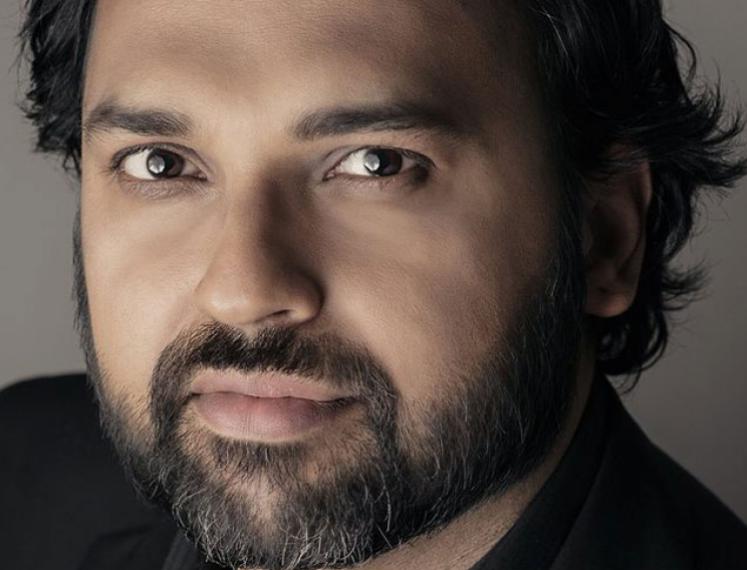Great Dictators
Great dictators and totalitarian regimes coloured the 20th century brown, black and red. Hitler, Mussolini, Stalin and Mao gained absolute power and tried to establish a Second Roman Empire, a Third Reich, real existing socialism or a People’s Republic.
Totalitarian leaders gained the hearts and minds of large parts of their population. Intellectuals and ‘fellow travellers’ all over the world embraced and defended the utopian ideologies of communism, national-socialism and fascism, although tyranny, brutality and cruelty were obvious. And even today, modern dictatorships and political religions are still tempting for large parts of the world population.
How did the great dictators of the 20th century gain the minds of their own population and even intellectuals from abroad? What was the nature of the regimes that determined the course of modern history? And in general, what is the attraction of monolithic political cultures and totalitarian ideologies? Four historians will give their view on the nature and appeal of the modern dictators Stalin, Hitler and Mussolini and still existing political religions and modern dictatorships.
A Stalinist Tribe?
The Soviet People and Stalin's Dictatorship
David Priestland

Date: Tuesday 11 November 2008

Almost two decades since the fall of Communism, the appeal of the Stalinist system is still the subject of controversy. Was it imposed by a small elite, or did it enjoy genuine popularity? What was the nature and appeal of Stalinism within the Soviet Union between the rise of Stalin in 1928 and his death in 1953? To answer this question, there is a lot of evidence released from archives in recent years, and the memoirs and diaries of ordinary people who lived under the Communist system. Stalinism will be placed in context by comparing it with other forms of Communism, and especially Maoism.
Dr David Priestland is a Lecturer in History at Oxford University. He is author of Stalinism and the Politics of Mobilization (Oxford University Press, 2007), and his History of Communism will be published next year.
The Appeal of Hitler
Historical Approaches and Explanations
Richard Overy

Date: Tuesday 18 November 2008

The debate about the appeal of Hitler and National Socialism lies at the centre of efforts to understand the nature of his regime. Some historians emphasise the terror and argue that people supported the system largely through fear. More recently historians have begun to argue that the Hitler regime cannot be understood without accepting that he won widespread popular support and did so across the classes and in every region of Germany. Richard Overy explores these different approaches through looking at the cult of personality, the role of the Party and the development of a monolithic political culture to show just how quickly a divided and politically aware population can be brought under the spell of dictatorship.
Richard Overy is Professor of Modern History at the University of Exeter. He is the author of many highly praised books on World War II and the Third Reich. In 2004 he published The Dictators. Hitler’s Germany and Stalin’s Russia.
Mussolini as political Messiah
The Construction of a Political Religion
Romke Visser

Date: Tuesday 25 November 2008

Mussolini’s dictatorship and the ideals of the fascist revolution can be seen as an experiment, both in government and propaganda, aimed at the creation of a centralized nation state and a leading role of fascist Italy in the Western world. How did the Duce cope with this experiment, what were his aims and how did he eventually manage to create a feeling of national unity, which he arguably achieved, as no leader before or after him ever managed to achieve? With the possible exception of Berlusconi… What was the price he and, eventually, the Italian people had to pay for the ambition to found a second ‘Roman’ Empire?
Romke Visser MA is historian and lecturer at the Hanze University Groningen. He is working on a dissertation about fascist culture and education.
Dictatorship and Modernity: a Taxonomy
Roger Griffin

Date: Wednesday 3 December 2008

We can make a classification of modern dictatorships in terms of their relationship to the globalizing forces of liberal economics and politics (modernity). It distinguishes between personal dictatorships based on megalomania (an ancient form of despotism), military dictatorship (a more recent phenomenon), modernizing authoritarian regimes that blend personal with military dictatorship and populism, and totalitarian dictatorships that create a new order with varying amounts of populism and tradition (including religion). This schema can be applied to a number of regimes, such as Pinochet’s Chile, Mugabe’s Zimbabwe, Franco’s Spain, Soviet Russia, Pol Pot’s Cambodia, Islamist Iran, and modern China. A main theme will be the way modernity promotes the radicalization of religion into a political force.
Roger Griffin is Professor in Modern history at Oxford Brookes University and a specialist on the history of ideas relating to ideologies and values that have shaped the modern world. He is author of the influential book The Nature of Fascism (1991), International fascism (1998) and Modernism and Fascism (2007).



